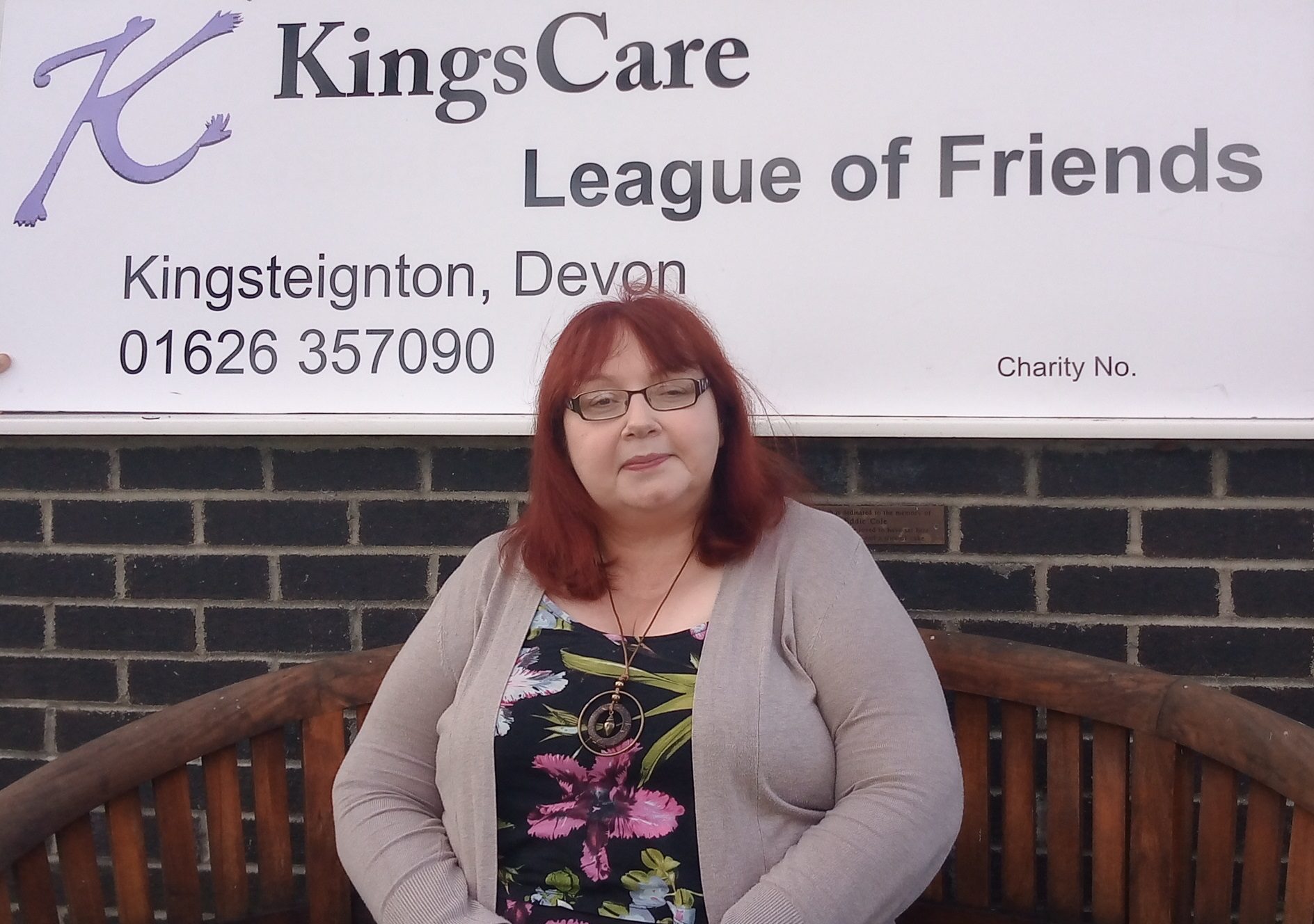Why it’s vital for carers to know their rights
There are millions of people in the UK who care for others without being paid. While many of these people wouldn’t necessarily think of themselves as ‘carers’, they provide unpaid support to their elderly, sick or disabled family or friends and are therefore entitled to certain rights. Today on Carers Rights Day, we’re highlighting the need for all carers to know and understand their rights and to be aware of the support available to them, as Rosemary Newman of the carers support organisation Kingscare in Newton Abbot explains.
Who is a carer?
“A carer is someone who provides unpaid care for a spouse, relative, friend or neighbour who, due to disability, frailty, illness and/or vulnerability cannot manage alone. The carer may or may not live with the person they care for, and they can be of any age.”
Understanding carers’ rights
“Whether someone has recently become a carer or has been caring for someone for many years, it’s crucial that they understand their rights, so that they can access the support that is available to them as soon as they need it, and so that they can challenge things if their rights are not being met.”
Registering as a carer
“At Kingscare, we encourage everyone in a caring role to register as carers with their GP if they haven’t already done so, because local GP surgeries can provide support on a number of things including health and mental health issues, annual flu jabs, general information and advice, and they can also offer flexible appointments. In addition, it’s worth applying for a carers card, as the card can be used to access a wide range of benefits and discounts, including subsidised parking at hospitals and discounts in hospital restaurants etc. You can register for a carers card/passport with Devon Carers and Torbay Carers Service also provides a wealth of information and support for carers.”
Empowering carers
“Our role at Kingscare is to empower carers by providing them with information and support on a wide range of topics including benefits advice, wellbeing, mental health, dementia, hospital discharge, transport, legal issues and power of attorney, shopping and computers. Anyone can ring for support and advice and we’re always happy to help, or they can pop in and we’ll help in whatever way we can; sometimes it’s just about listening and support.”
Carers groups
“We also run three carers groups that offer a safe space for carers to get together to share feelings without judgement. I run a carers group called ‘Time For You’ – its aim is to bring carers together to have a little bit of fun, gain information, share feelings and experiences, and to seek advice on anything that’s troubling them. All carers are welcome to come along. We also run two other carers’ support groups: ‘Dementia Carers’ and ‘Mental Health Carers’. For some carers who are overwhelmed or isolated, attending a regular group offers a lifeline as a vital support network.”
Guest speakers
“The carers also have the opportunity to hear from guest speakers on subjects related to caring. We’re delighted that Catherine Hughes from Rowcroft’s Education Team is joining the group today to help people recognise what options they have around advance care planning (ie encouraging people to plan ahead for the future, for example by drawing up a will or considering their wishes for before and after death), and to offer support and advice in how to open these conversations with their loved ones. Research shows us that advance care planning can impact positively on family members’ grief going forward because many of the decisions have already been made. If the time comes when someone can no longer make decisions for themselves, the people surrounding them know what they would have wanted.”
Advance care planning
For further information about advance care planning, please see Rowcroft’s ‘Planning for the Future’ Hub which includes information on: having conversations, advance decisions to refuse treatment, planning for the future and Treatment Escalation Plans, lasting power of attorney, supporting someone with a learning disability, supporting young people and children, making a Will, preparing digital assets, planning a funeral, and organ/corneal and tissue donation.

